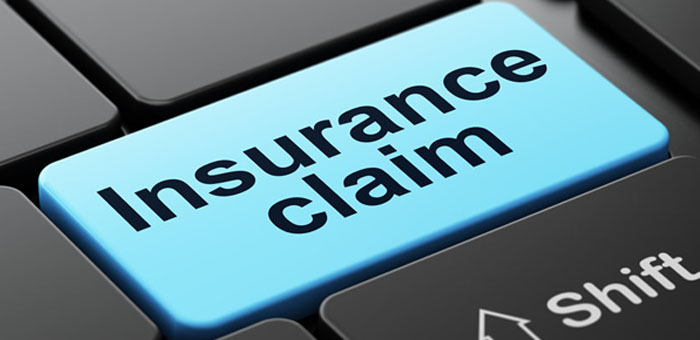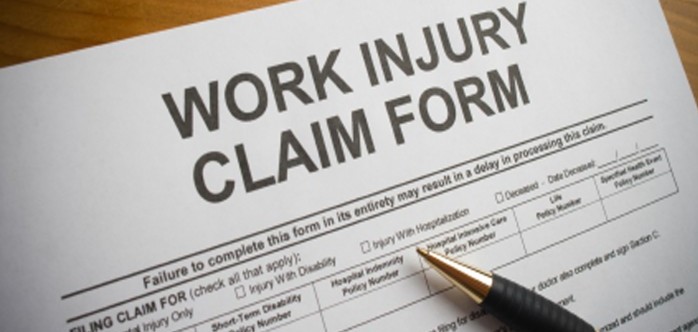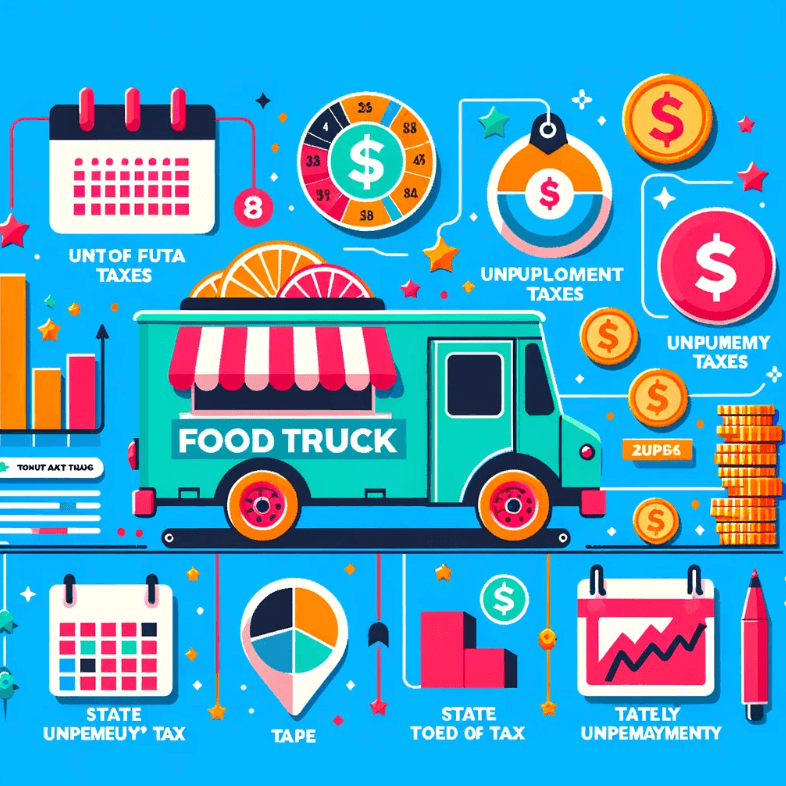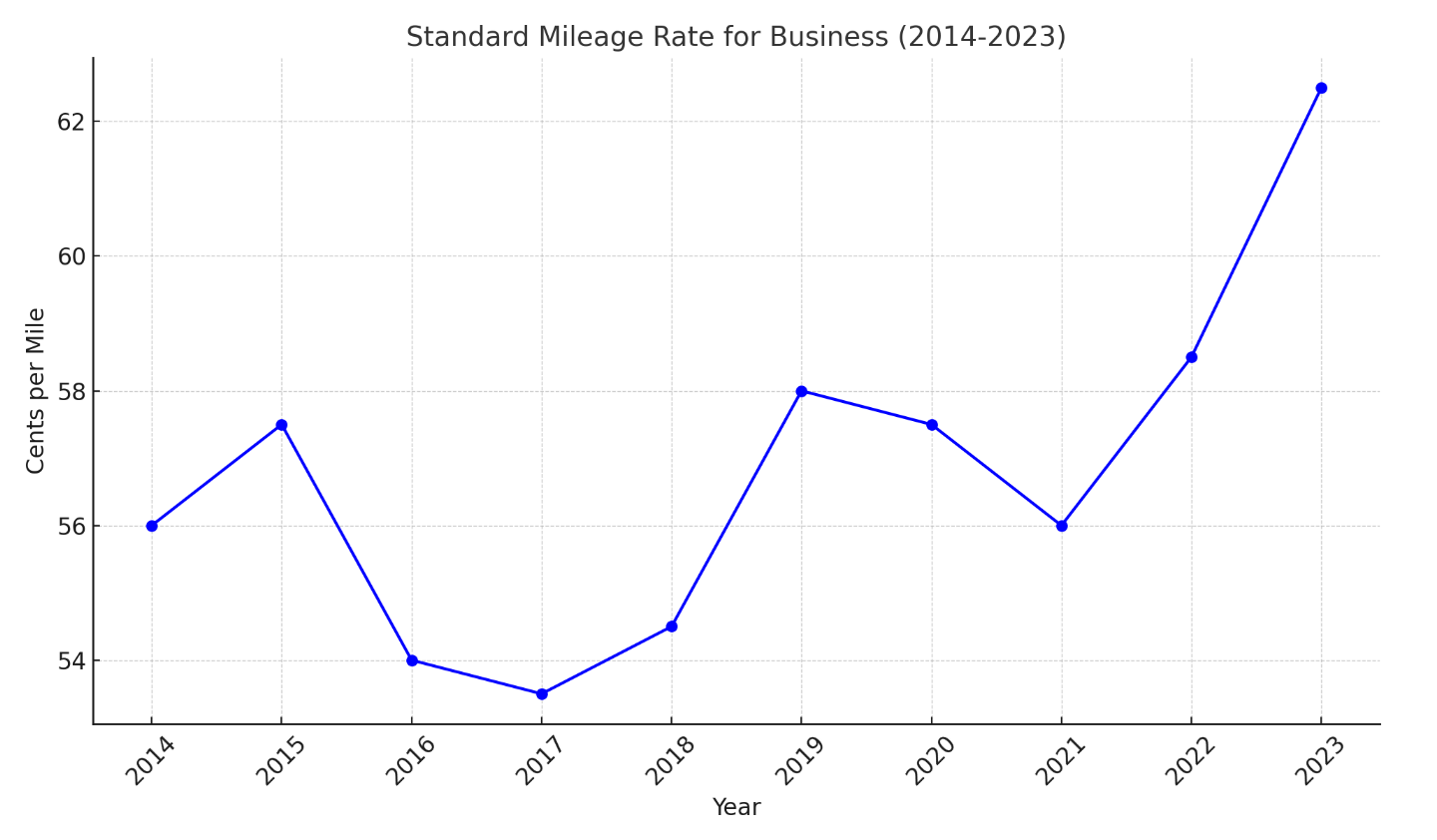After causing a minor accident usually comes the dread of a possible car insurance rate hike. Even if you have plenty of food truck insurance coverage, you might be tempted to avoid filing any food truck insurance claims or to keeping the accident a secret from your insurance company.
Be warned, your liability insurance is there to protect you from lawsuits. It’s also important to remember your insurance company is experienced with handling parties involved in an accident. Liability coverage pays for the damage and injuries you cause others, and it pays your legal defense costs if you’re sued as a result of an accident.
Making food truck insurance claims for damage or theft can be stressful, but if you follow these steps you can maximize your chances of success.
Page Contents
Checklist For Making Food Truck Insurance Claims
Accidents and unexpected events can pose significant challenges to food truck owners. Being prepared is key, and that’s where a comprehensive insurance claim checklist comes into play. This post provides a detailed guide to help you navigate the aftermath of an incident involving your food truck. Whether it’s a minor mishap or a major accident, our checklist ensures you’re well-equipped to handle the insurance claim process efficiently.
Immediate Action Post-Incident
Click on each section to expand the checklist items you need to address immediately after an incident.
Accident Details
- [ ] Date and Time of Accident
- [ ] Accident Location (take photos)
Information from the Other Party
- [ ] Driver’s Name, Address, Phone Number, and Driver’s License Number
- [ ] Vehicle Details (Year, Make, Model, License Plate, VIN)
- [ ] Insurance Information
Witness and Police Information
- [ ] Name, Address, and Phone Number of Each Witness
- [ ] Police Department Responding, Phone Number, Incident Case Number
Post-Incident Procedures
Ensure you follow these steps after securing the initial information.
Report and Documentation
- [ ] Notify Your Insurer Immediately
- [ ] Report Any Crime-Related Losses to the Police
- [ ] Keep Records of the Claim and Communications
Assessment and Claims Submission
- [ ] Collect All Required Information for Claim Form
- [ ] Prepare for Estimates or Insurer’s Loss Adjuster Visit
- [ ] Claim for the Full Scale of Your Loss
When Not To File Food Truck Insurance Claims
It’s important to carefully assess each situation, considering both immediate costs and long-term impacts on your insurance record and premiums. Sometimes it can make more sense not to submit an insurance claim.
- It was a one vehicle accident and you and your staff aren’t injured, or if you’re able to pay for your medical expenses yourself.
- You can afford to pay for the costs of damage to your food truck, or the costs of the repair are close to or not much over the cost of your deductible.
- There’s little to no damage to the other vehicle or property. If you barely touched the other vehicle and didn’t cause any damage, you might not need to get insurance involved.
- Minor Cosmetic Damage: If your food truck suffers only minor cosmetic damage that doesn’t affect its operation or safety, and you can cover the repair costs out-of-pocket, it might be wise to avoid filing a claim. This is especially relevant if the cosmetic issues don’t hinder your ability to serve food or comply with health and safety regulations.
- The Incident Involves Only Your Property: If the accident or damage involves solely your property (for example, you backed into your own garage or another vehicle you own), and no third parties are involved or harmed, managing the repairs without involving the insurance could be a better route, particularly if you can afford the costs directly.
- Avoiding Increased Premiums: Filing claims, especially if you’ve filed others in the recent past, can lead to increased insurance premiums. If the cost of the damage is manageable, and especially if it’s a first-time or rare incident, paying out-of-pocket could be more economical in the long run to avoid hikes in your insurance rates.
Please Note: Even if the other driver is honest and the accident was only a fender bender, the damage might be more serious than it first appears. Without your insurer’s help, you could end up on the hook for thousands of dollars in repairs.
Additional Insured Certificates
So what do you need to know? Well, first, we’ll define it.
In US insurance policies, an additional insured is a person or organization that enjoys the benefits of being insured under an insurance policy, in addition to whoever originally purchased the insurance policy. So, an additional insured is a term for a person, firm or other entity afforded the same protection under the insurance policy as the insured food truck.
So why are food truck required to attain these certificates? Essentially the venue or event is protecting themselves for Bodily Injury or Property Damage you may cause at the venue or event.
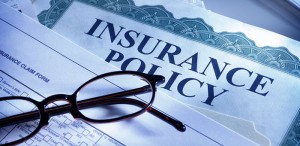
When did you review your insurance policy last?
So venues/events will want to be named as an Additional Insured on a certificate.
Be careful! Some carriers charge $25-$100 per Additional Insured certificate. This can add up to a significant cost after twelve months. Unfortunately, insurance brokers that are not familiar with food truck operations often fail to mention the cost or even realize a truck would need many certificates.
Our hope is that either your potential broker…
- places you with an admitted carrier that doesn’t charge for certificates or
- offers you a blanket (unlimited) Additional Insured option that will add about $500 in premium for the year.
It is best to deal with an insurance broker that knows your business inside and out and can help guide you on insurance process for today’s needs and your future needs.
Take some time to check how your food truck insurance handles additional insured certificates. Find out if they treated under a blanket, which means each additional insured is added at no charge or do you have to pay each time you add someone. Without this knowledge, you may end up paying a lot for these unexpected costs. Especially if you do a lot of work on private property or attend a lot of food truck events.
Differences Between Insuring Food Trailers and Food Trucks
With a food truck, the kitchen and vehicle is combined to create a single vehicle exposure. However, a food trailer has the mobile kitchen exposure (trailer + kitchen) and a vehicle that is needed to tow the trailer to venues. Usually that tow vehicle is a truck they personally own or a vehicle they plan to purchase. This is where most people think they can just get General Liability and Mobile Property coverage for the trailer and be done. Perhaps they are under the impression that the trailer is covered automatically under their personal auto insurance policy. Think again!
Many personal insurance policies have exclusions pertaining to business use and operation of the insured vehicle. They also have length limitations on trailers being towed by the insured vehicle. Most personal policies extend liability for the boat/motorcycle/etc trailers. However, carriers don’t intend to automatically cover business trailers for liability or property coverage. This means that you need to call your personal insurance carrier and tell them what you are doing.
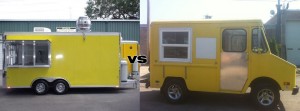
Food trailer vs food truck.
Some personal insurance carriers have the ability to add a business use type endorsement to your personal policy. Despite this potential endorsement on the personal policy, you still need to purchase liability and mobile property coverage for your trailer. It is also possible that the insurance carrier may not be able to provide insurance based on it being a business vehicle or business trailer.
The safe way of protecting your mobile food business is purchasing a commercial auto policy for the tow vehicle and registered it under the business. This will help ensure that you will have coverage after a claim. If you are dead set on using your personal vehicle, you should add the business use endorsement and increase your liability limits. Don’t think that $50,000, $250,000 or $500,000 auto liability limits will cut it. All business vehicles should have at least a $1,000,000 liability limit.
One last advantage of having a commercial auto policy is that you can purchase an Excess Liability policy to provide additional limits. A commercial Excess Liability policy can provide extra coverage over your Auto Liability (and General Liability). Unfortunately, that will not be the case if you have the tow vehicle under a personal auto policy.
The Takeaway
When in doubt, involve your insurance company. Single food truck insurance claims won’t always set your mobile food business back. Some insurance companies offer accident forgiveness. This is where the first time you file a claim has zero effect on your rates. But it’s also always good to keep in mind that the whole purpose of food truck insurance is to protect consumers from potential financial disaster; not a small financial inconvenience.

